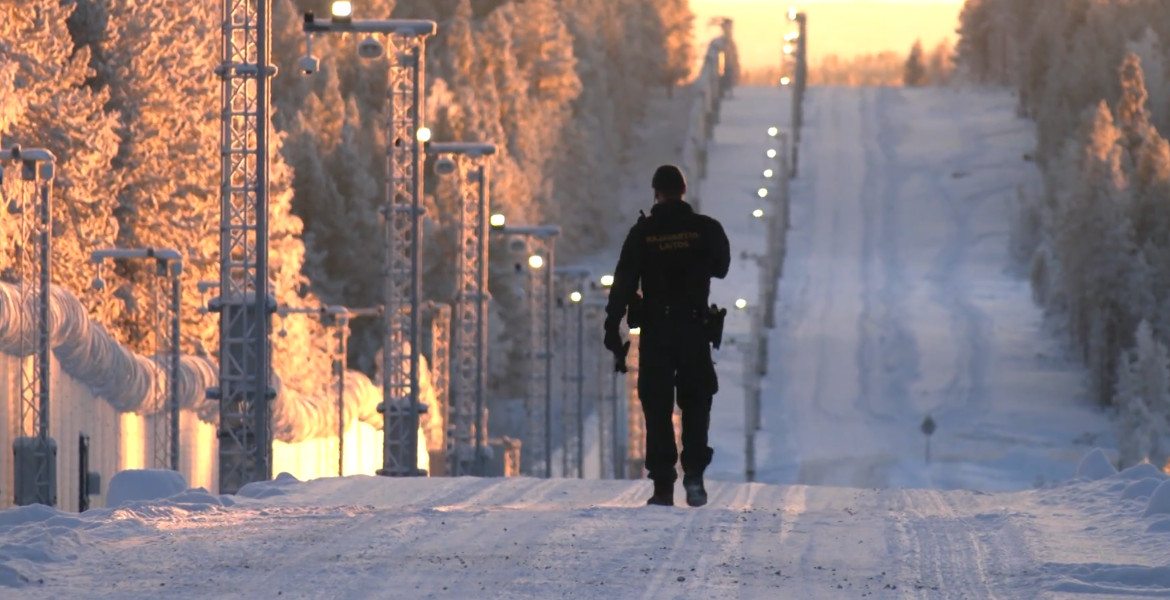At least three children have been injured in a school shooting in Finland, and a suspect has been arrested. Both the perpetrator and the victims are said to be minors.
Police were alerted to a shooting at a school in Vantaa, outside Helsinki, Finland, around 9 a.m. Tuesday. At least three children were injured and the perpetrator was arrested. The condition of the victims is unclear at this time.
The school is reported to be a primary school in the Bäckby district with about 800 students and 90 staff members.
Members of the public are advised to stay indoors and away from the school grounds, and not to open their doors to people they do not know.
At the time of writing, the city's crisis team is also meeting to plan how best to support shocked students and staff.
"The school offers language classes in Swedish, education for the disabled and outpatient education", Yle writes.
Update: At least one of the children shot has died from his injuries. Police have also confirmed that the shooter is only 12 years old and is a student at the school.




